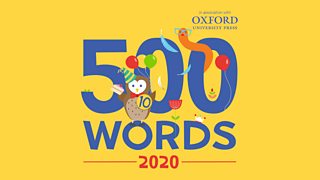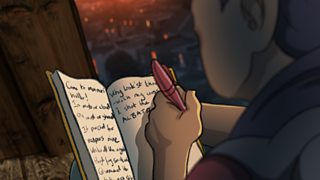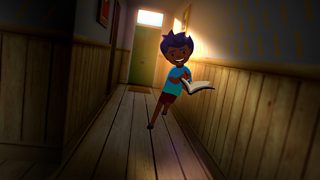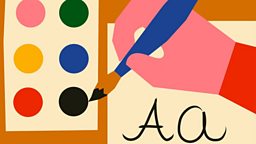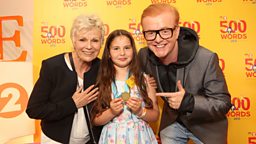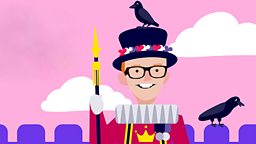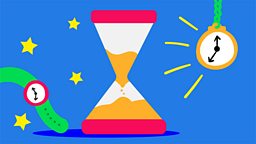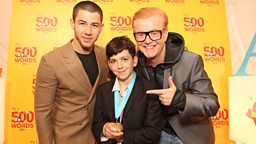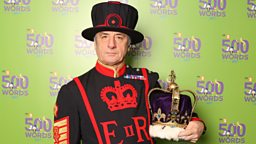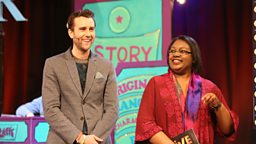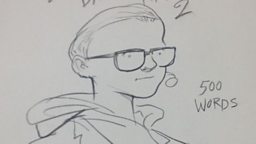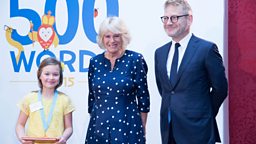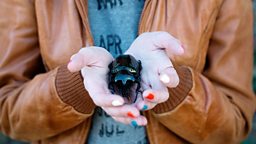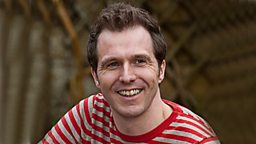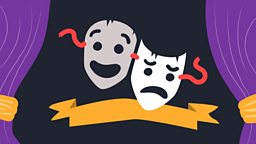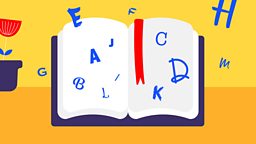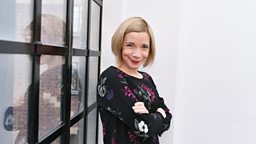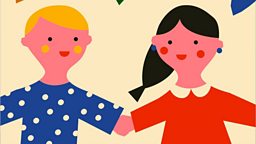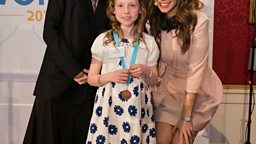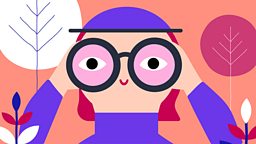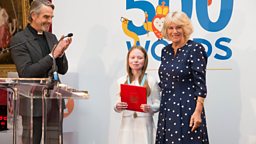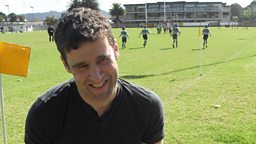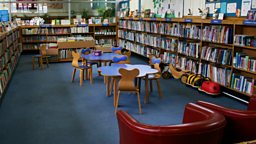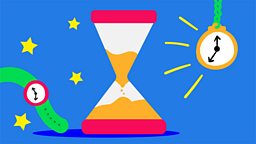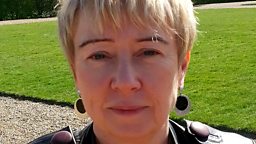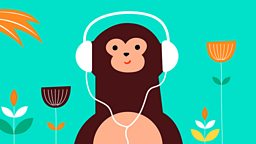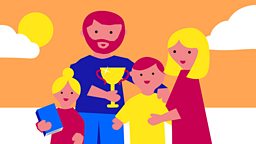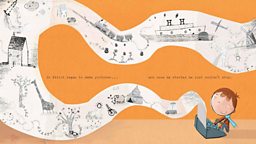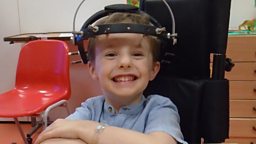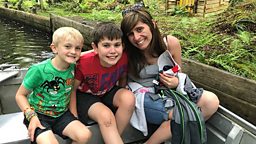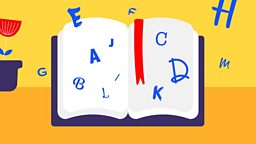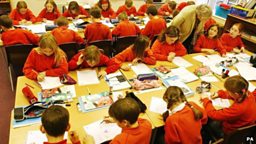Learning About Writing From 500 Words
Kate Nation is a Professor at Oxford University. Kate and her colleagues are reading your stories to learn about children’s reading and writing development.
Here you are, reading this post. Pause for a moment! Have you ever thought about what you do when you read? What’s going on in your brain?
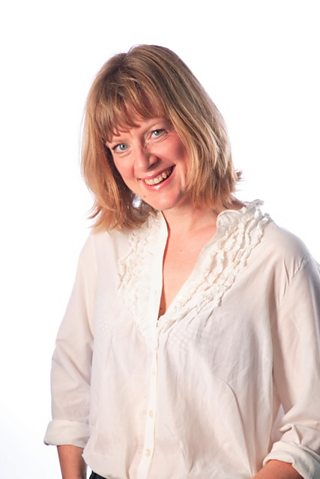
Imagine not being able to read. You could pick up a book and flick through it. You might be struck by the lines of squiggles that cross each page, page after page. But that would be about it. Once you can read however, it’s a different story. The squiggles are no longer squiggles – they are symbols that represent language. Once we know this, the magic of reading takes over. And it also brings another gift: we can use these symbols to write. We have a way to take ideas, thoughts and dreams from our imagination and put them on to a page so someone else can share them.
Once we can read and write, it all seems quite easy. We might struggle to read or spell some words. We might not always understand everything we read, and sometimes, making our writing say exactly what we want it to say can be tricky. Generally though, we get along just fine. Yet, what’s going on in our minds as we read and write is pretty remarkable. How is it we do it, and how do we learn how to read and write in the first place?
These are the questions we are trying to answer in our research. Hundreds of children each year help us with our experiments and bit by bit, we and other scientists are learning more. At Oxford University, we’ve been utterly inspired by the Βι¶ΉΤΌΕΔ 500 Words competition. We’ve been lucky to see every single story that’s been submitted so far. That’s over half a million stories! We don’t know who has written them, but collectively, every single child who has entered is helping our research. I’ve loved reading the stories and learning about children’s worlds.
All of the stories are looked after by Oxford University Press in the Oxford Corpus, their massive database of children’s words, stories and ideas. We are working with Oxford University Press to analyse the stories and together, we are learning more about how children’s language works. As the Oxford Corpus grows every year with all the exciting new 500 Words entries, we can also monitor changes in language over time. Are particular words being used more? Do children tend to produce their sentences in a certain way? How similar is the language child write to the language they read, or hear? 500 Words is helping us to answer these questions.
I’m looking forward to reading the 2017 stories and seeing the Oxford Corpus grow even bigger!
Interested in learning more about research on children’s reading and language development? Hop over to Professor Kate’s
More from 500 Words
-
![]()
500 Words 2020
Everything you need to know about this year's competition.
-
![]()
Submit a story
All the information you need to enter the competition.
-
![]()
Everything you need to know about Radio 2's short story-writing competition for kids.
-
![]()
10 Great Opening Lines From Literature
The best opening sentences in literature, according to 500 Words judges.
